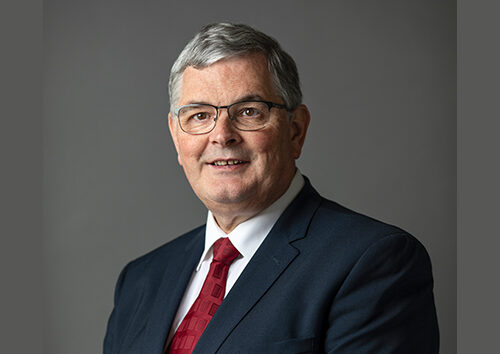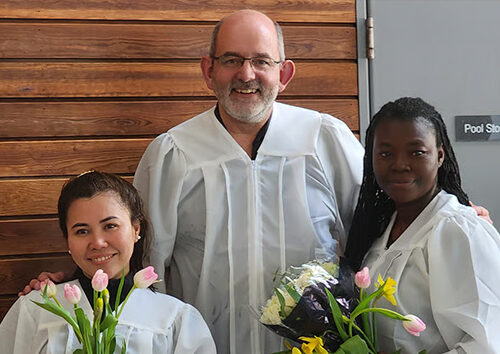9 November 2016 | Binfield, UK [Helen Pearson]
In the wake of Brexit and a week before the American election, the November Diversity lecturer on Tuesday, 1 November, focused on the challenge to Christians to think about the political implications of their faith. The whole career of Nick Spencer, now Acting Director of Christian think tank – Theos, has been devoted to exploring and communicating the connection between various Christian values and politics.
But significant differences between Christians and the rest were discernible on two specific issues. Regular Christian churchgoers were consistently likely both to oppose the death penalty and to support censorship to uphold moral standards. Christian values, it seems, did make a clear and noticeable difference to political attitudes in ‘certain localised areas’.
So if people want Christians all to vote the same way and therefore make a political impact, they are going to be disappointed. It’s not that simple! For Nick Spencer, it is not an option for Christians to give up political action just because they don’t agree with each other or secular people. “To throw our hands in the air and say simply that the gospel tells us where we are heading but has nothing to say about how we should get there is…a betrayal of the gospel itself,” he said.
What happens if Christians begin not with politics but theology? Putting theology first and imagining a Christian society may lead us to fantasise about a Christian utopia where everyone is celibate or faithful, looks after their health, honours their parents, tends to those in need and lives at peace together! Unlikely! Even if human nature were not fallen, there would still be a need for government. Economies would still run in cycles, family networks would be unable to cope with heavy personal burdens and crime would still be committed for deep psychological reasons.
So, if we believe that the action of God in Christ is the centre of our political gravity, how will it affect our political choices? Nick’s answer to that question was that a Christian consensus might be formed around ‘what is needed to enable God’s word and people to work for our salvation in the full sense of the word’. Protection of life, security, equal rule of law for all, basic property rights, religious freedom would all be important. Healthcare provision, work and income issues, education, migration policy will all be significant but Christians will differ in how they believe those services should be provided. Encountering differences between us should not stifle debate between Christians or lead to fake consensus. The Christian response to the sobering realisation of diversity of opinion is not cynicism but faith – continuing to see and respond to the world from a new vantage point. The challenging conversation must continue! [tedNEWS]
tedNEWS Staff: Victor Hulbert, director; Esti Pujic, editor
119 St Peter’s Street, St Albans, Herts, AL1 3EY, England
E-mail: [email protected]
Website: www.ted.adventist.org
tedNEWS is an information bulletin issued by the communication department of the Seventh-day Adventist Church in the Trans-European Division.
You are free to re-print any portion of the bulletin without need for special permission. However, we kindly request that you identify tedNEWS whenever you publish these materials.



